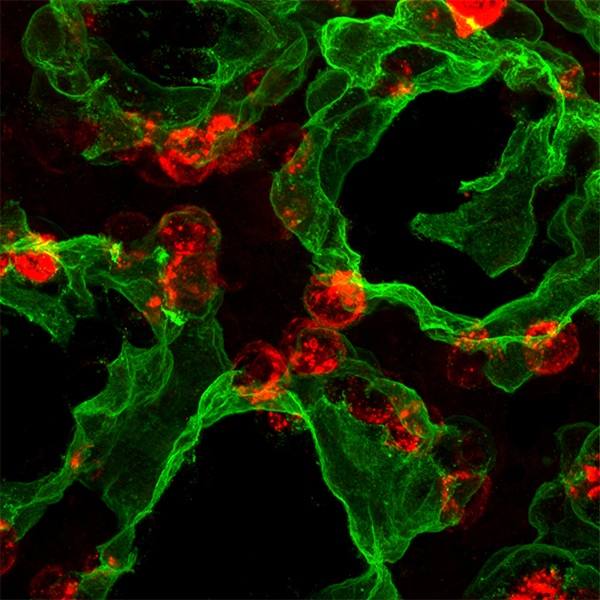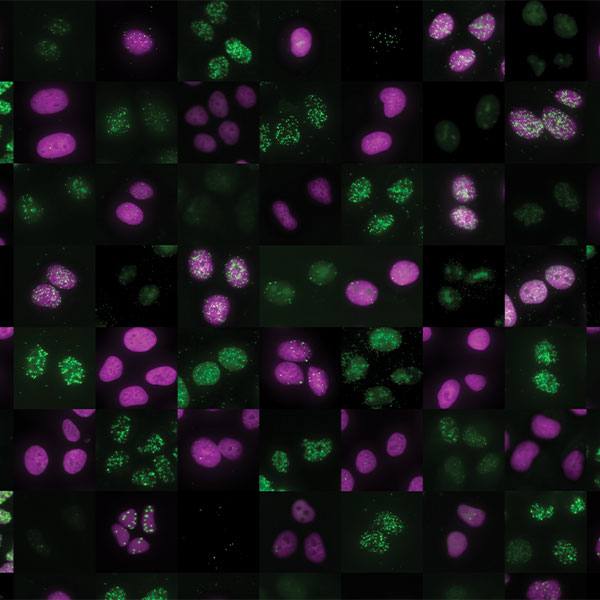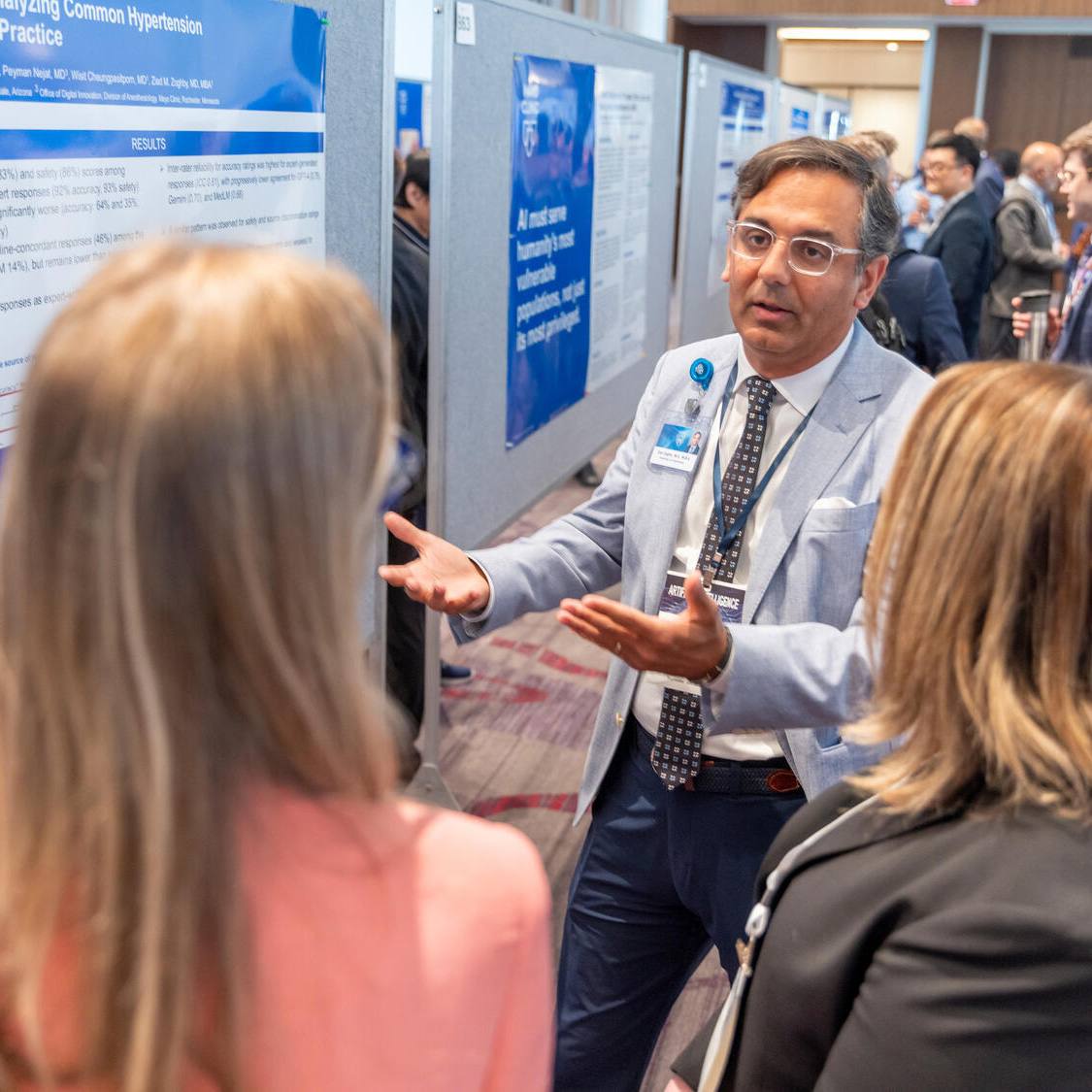-
2022 Gerstner Awardee to investigate dual CAR-T cell therapy for multiple myeloma cancer

Reona Sakemura, M.D., Ph.D., a physician-scientist in Mayo Clinic's Division of Hematology, is a recipient of the 2022 Gerstner Family Career Development Award. The competitive awards are presented annually by Mayo Clinic Center for Individualized Medicine to researchers conducting innovative investigations to predict, prevent, treat and cure diseases using individualized medicine approaches.
Dr. Sakemura is working to advance immunotherapy efficacy in multiple myeloma cancer by uncovering treatment resistance mechanisms and developing a more potent immunotherapy approach. His strategy focuses on simultaneously targeting cancer cells and the ecosystem surrounding each tumor, known as the tumor microenvironment.
Dr. Sakemura's previous studies show that the tumor microenvironment — made up of blood vessels, immune cells, fibroblasts, and signaling molecules — is widely attributed to the lack of durable immunotherapy response in multiple myeloma. That's because the microenvironment can act as a molecular shield to prevent tumors from being attacked.
"Most patients who receive targeted immunotherapy will initially go into remission, but a significant fraction of patients will eventually relapse," Dr. Sakemura says. "One reason could be because the tumor microenvironment protects the tumors from an immune cell attack, and the immune cells lose their power in the attempt."
Multiple myeloma is cancer that forms in plasma cells in the bone marrow. Healthy plasma cells help fight infections by making antibodies that recognize and attack germs. In multiple myeloma, cancerous plasma cells produce abnormal proteins that can cause complications. An estimated 34,000 people in the U.S. are expected to be diagnosed with multiple myeloma in 2022.
Illuminating fibroblasts in tumor ecosystem
For his study, Dr. Sakemura will hone in on cancer-associated fibroblasts — a key component of the tumor microenvironment— to investigate their role in hindering the effectiveness of commonly prescribed chimeric antigen receptor-T cell therapy, or CAR-T cell therapy. The targeted treatment uses genetically engineered cells from a patient's immune system to attack and destroy cancer cells.
Dr. Sakemura's previous multiple myeloma studies reveal that cancer-associated fibroblasts promote tumor growth, accelerate tumor progression, and are associated with a worse prognosis. In his current study, he'll analyze patient samples from Mayo Clinic's biobank for CAR-T cell therapy, to study T cells in responders and nonresponders. He'll also analyze interactions between CAR-T and cancer-associated fibroblasts.
Dr. Sakemura and his team have recently developed a new CAR-T cell therapy that simultaneously targets cancer cells and cancer-associated fibroblasts. In preclinical trials, the therapy outperformed conventional CAR-T cell therapy. Dr. Sakemura emphasizes that more study is needed to further investigate the safety of the therapy before introducing it to the clinic.
"My overall goal is to define key factors that drive treatment resistance and to develop a novel immunotherapy approach to overcome that resistance," Dr. Sakemura says. "Adding a further level of efficacy to CAR-T cell therapy could benefit patients with multiple myeloma and other cancers in the future."
The Gerstner Family Career Development Awards are benefactor-sponsored initiatives that promote a specialized workforce for individualized medicine discovery, translation and application. Made possible by a grant from the Louis V. Gerstner, Jr. Fund at Vanguard Charitable, the awards provide important seed money for early-stage investigators interested in launching a career in individualized medicine.
Learn more
Read more stories about advances in individualized medicine.
Register to get weekly updates from the Mayo Clinic Center for Individualized Medicine blog.
Join the conversation
For more information, visit Mayo Clinic Center for Individualized Medicine, or Twitter at @MayoClinicCIM.









